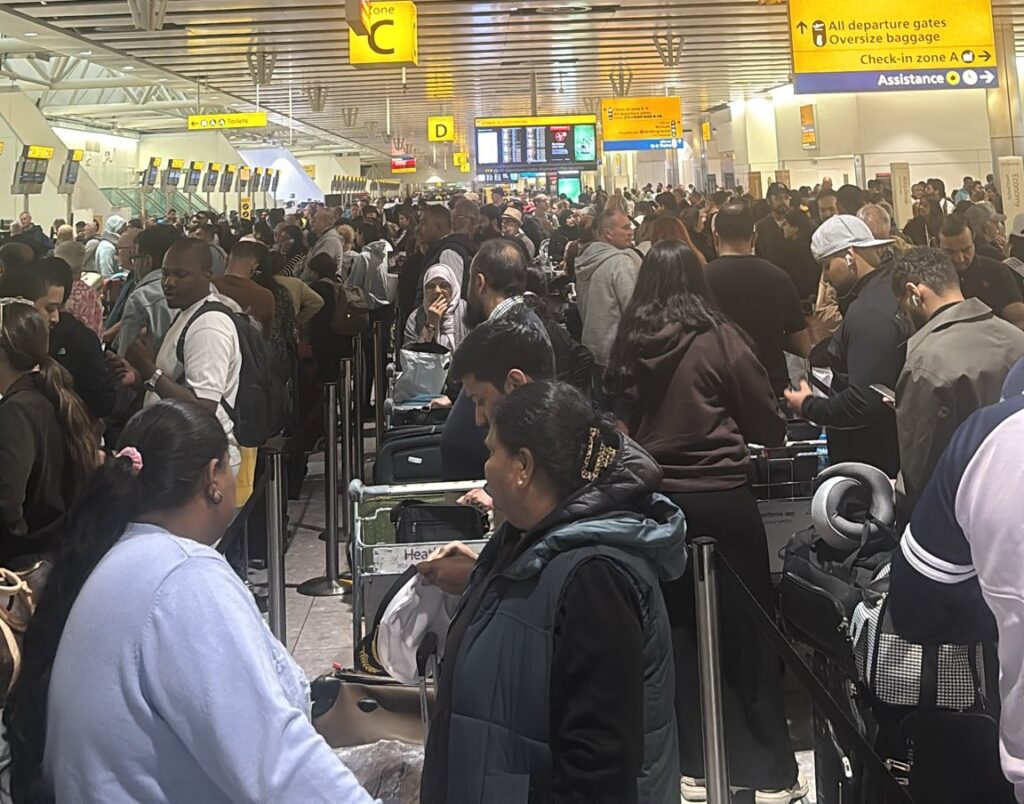The malicious software used in the cyberattack on several major European airports was ransomware type. The type of attack that disabled automatic check-in systems had already been identified, naturally creating chaos in arrival and departure halls on a case-by-case basis. In fact, even confirming the type of malicious software took time, as on the morning of September 22, the European Cybersecurity Agency announced what this malicious software was, then retracted it, however on the same day made a new statement about the ransomware.
Read: Is Russia hiding behind the attack? What will happen with Sunday flights at Heathrow and Brussels (Video)
However, several users on social media spoke about airport malfunctions, not based on the cyberattack but as a permanent problem that has persisted for a long time.
Cyberattack on European airports: Damage has not been restored
The cyberattack hit airports such as Heathrow in London -whose malfunction brought harsh criticism from passengers, as well as those in Brussels and Berlin. Indeed, this particular attack, as mentioned early Monday morning September 22, aims for ransom, as the victim must pay to restore access to their data, which the software blocks.
However, the damage has not been repaired. Especially in Berlin, which hosted the Marathon -one of the most notable races of the year that brings significant performances- the tension was even greater. Over 92,000 travelers were expected Monday in arrival and departure halls, so one can understand that even if everything functioned perfectly there would be… congestion, much more so from the moment when check-ins continued with obstacles.
For the record, it was two Ethiopians, Tigist Ketema and Milkesa Mengesha, who won the 42km route and some… change.




